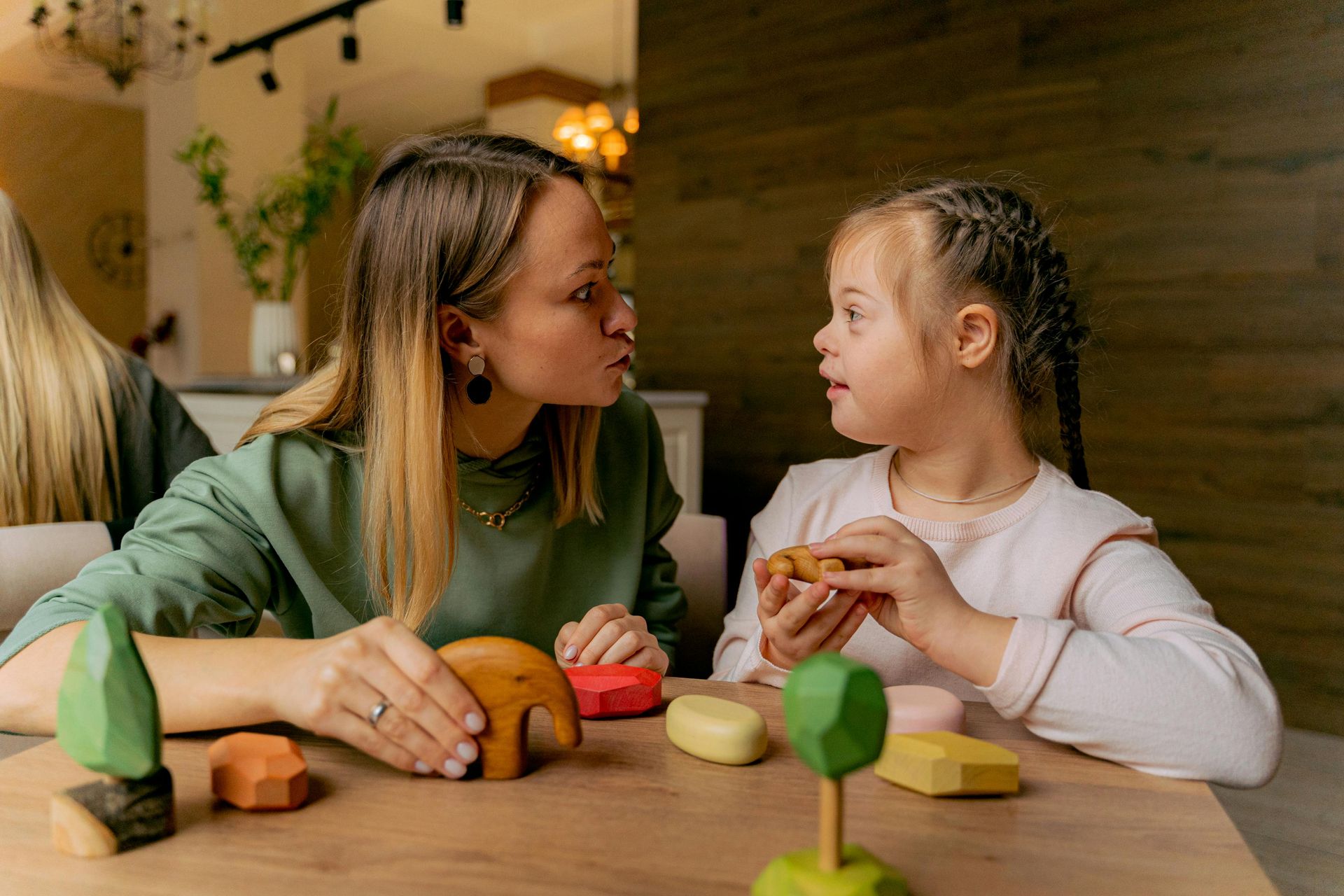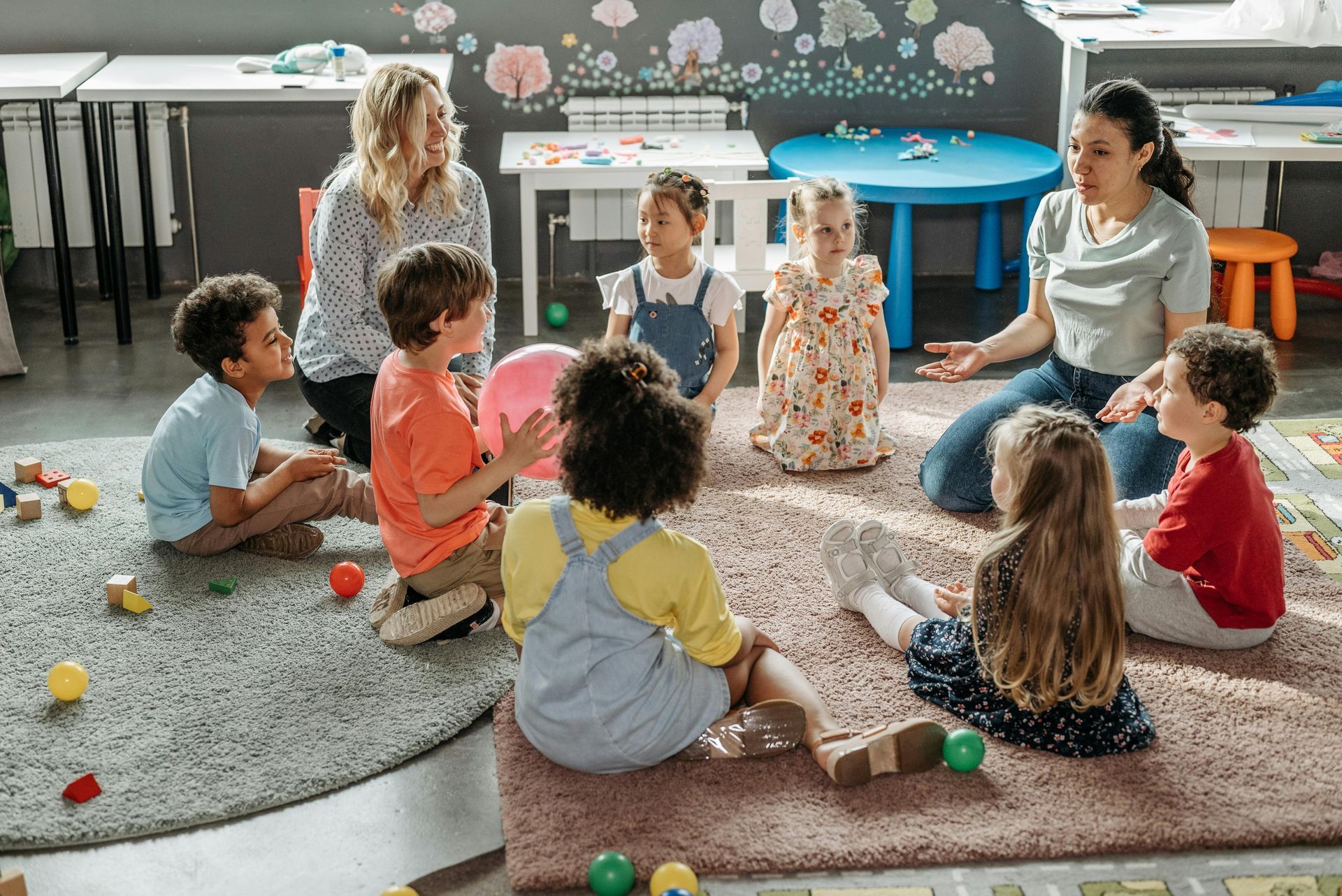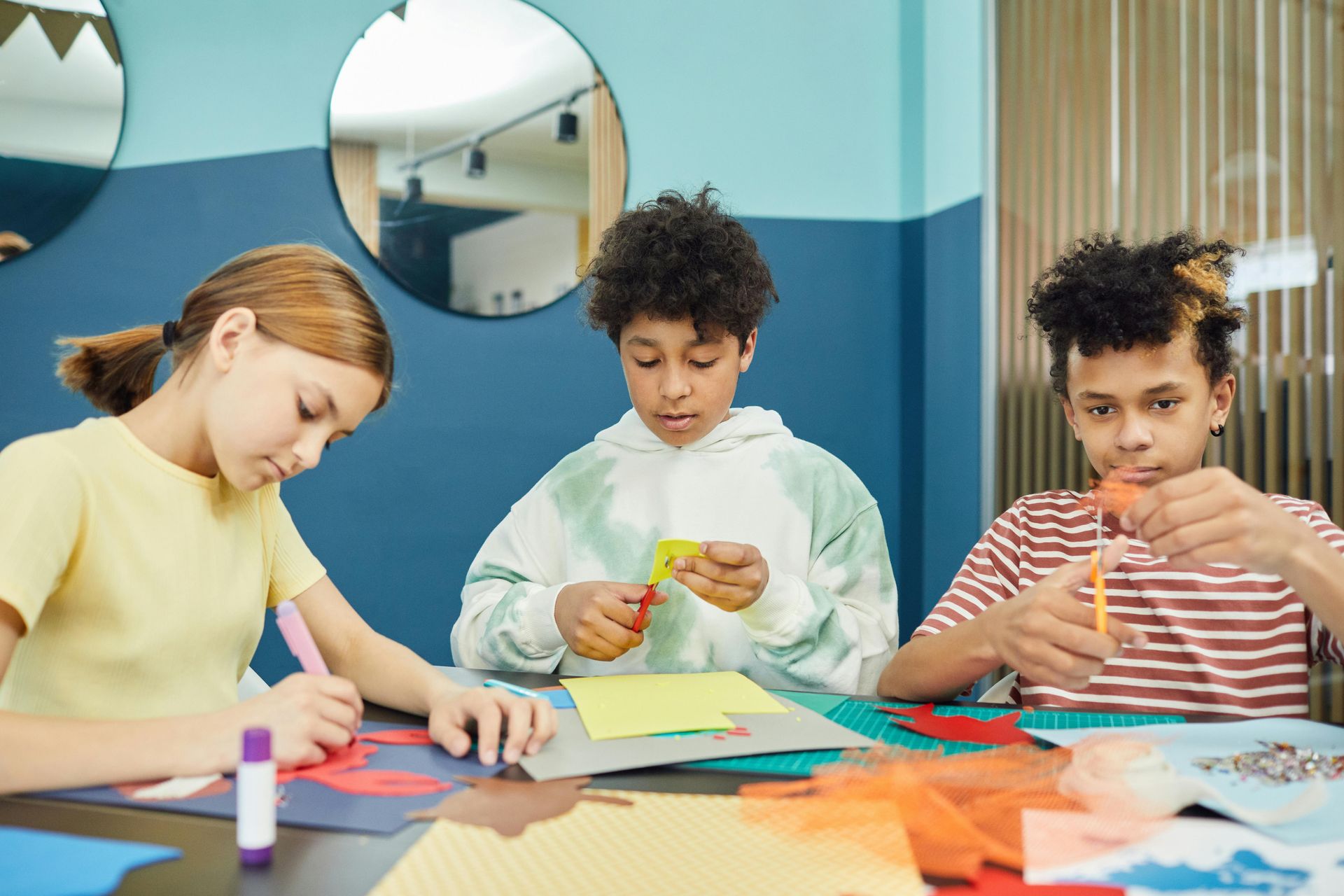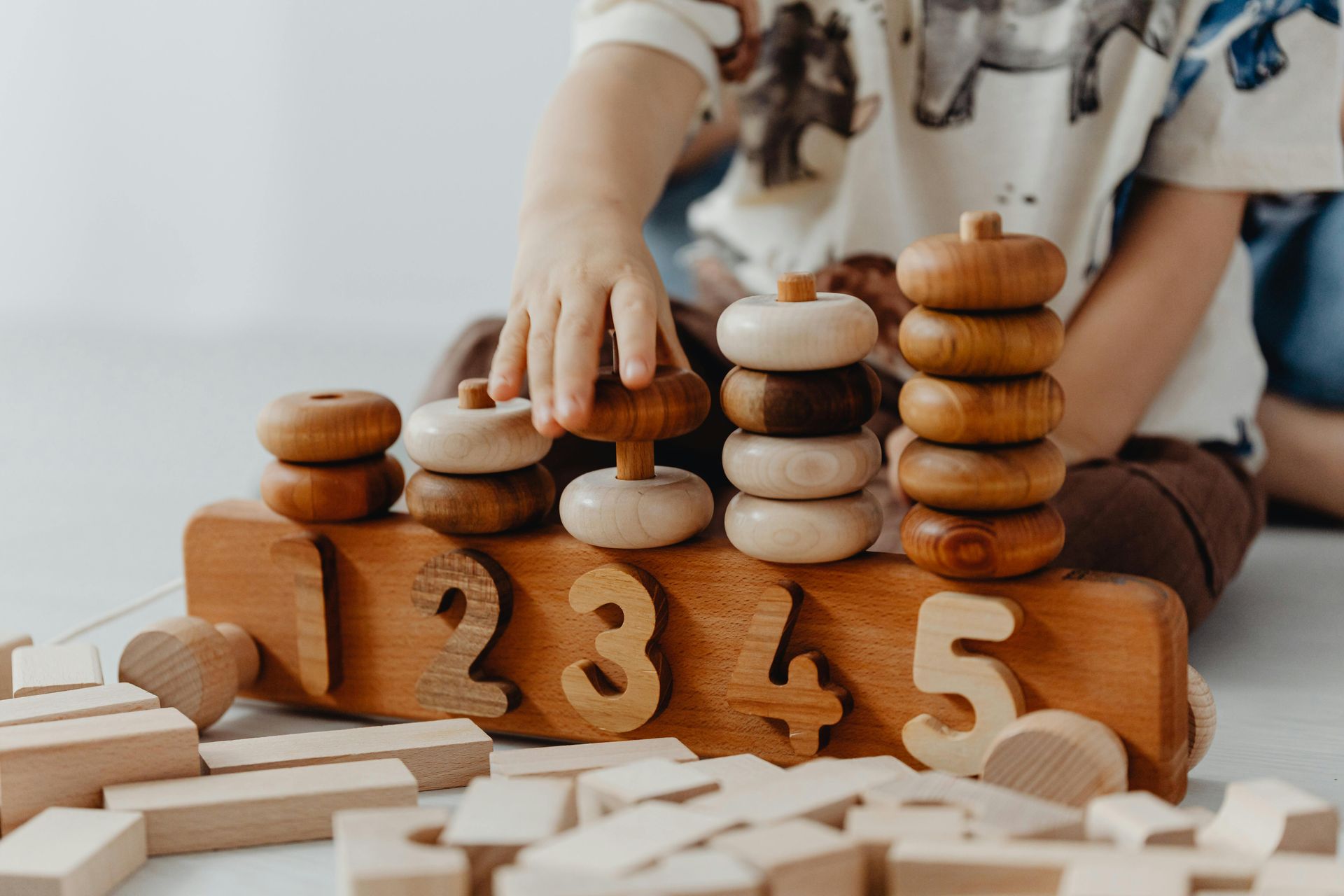The Role of Play-Based Learning in Early Childhood Education: How it Shapes Future Success
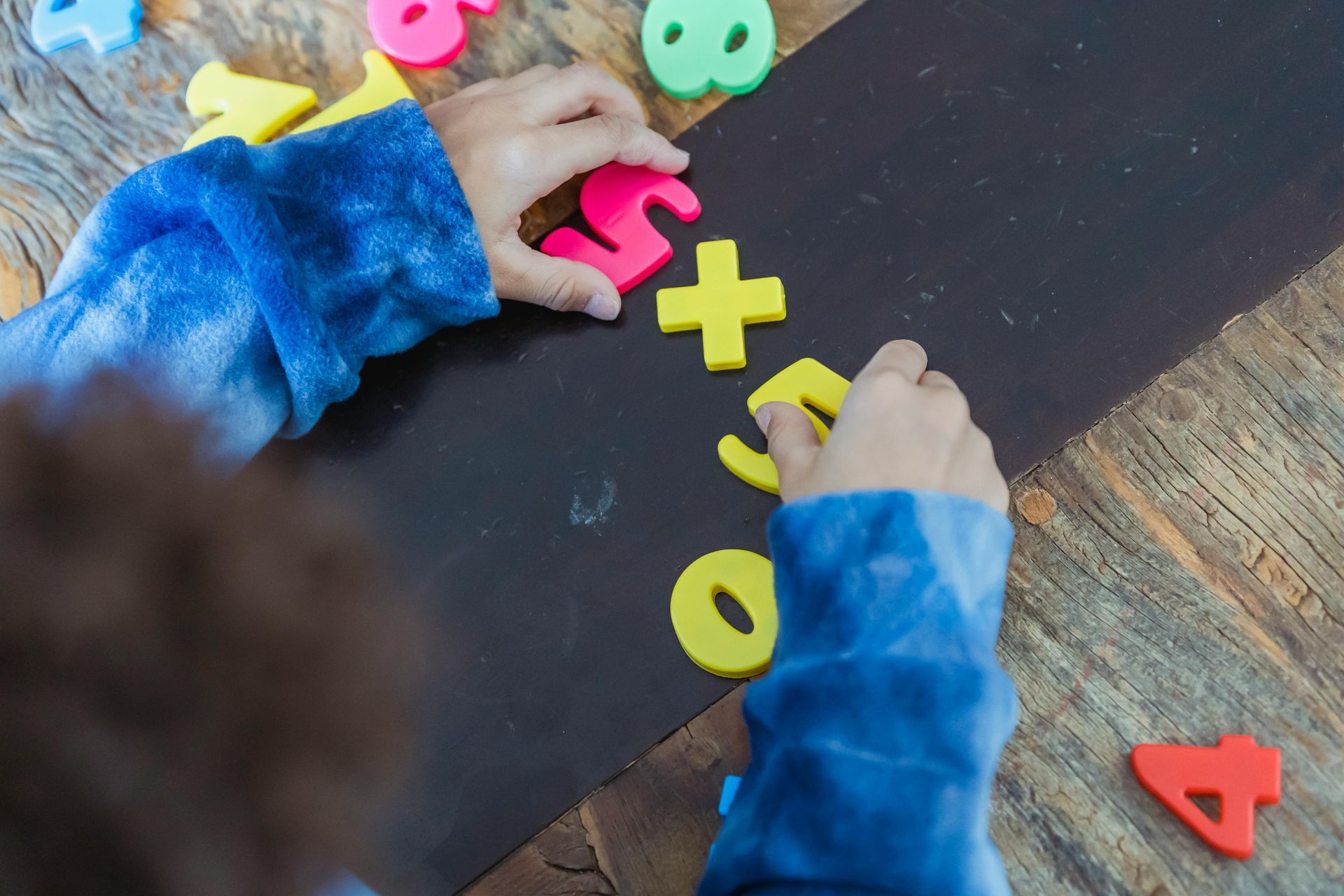
Play is not just fun for children—it is an essential tool for learning and development. In early childhood education, play-based learning has become a widely recognized approach to teaching children. At Kid’s Avenue Learning Center, we believe that learning through play is one of the most effective ways to help children develop cognitive, social, and emotional skills. Through guided play experiences, children are provided with opportunities to explore, discover, and create, laying the foundation for future academic and life success. In this blog, we’ll explore the benefits of play-based learning, how it supports child development, and how Kid’s Avenue integrates play-based approaches into its curriculum.
What is Play-Based Learning?
Play-based learning is an educational approach that emphasizes learning through play rather than formal instruction. In a play-based learning environment, children engage in activities that allow them to explore concepts, solve problems, and experiment with new ideas. The goal of play-based learning is to create an environment where children can learn naturally, using their curiosity and imagination to drive their learning experiences.
Research has shown that children who participate in play-based learning develop a wide range of skills, including problem-solving abilities, creativity, social skills, language development, and emotional regulation. Instead of traditional rote memorization or teacher-directed lessons, play-based learning encourages children to actively engage with the material, fostering a deeper understanding of the concepts they are learning.
Why Play-Based Learning Matters
Play-based learning is not just about entertainment—it is about giving children the freedom to learn at their own pace and in their own way. Play allows children to learn through trial and error, explore new ideas, and develop skills that are essential for academic success and overall well-being. Here are some reasons why play-based learning is so important for young children:
- Supports Cognitive Development: Play provides children with opportunities to engage in complex thinking, problem-solving, and creative expression. Whether they are building with blocks, role-playing, or experimenting with materials, children are developing critical thinking skills and learning to understand cause and effect. These experiences lay the groundwork for future academic learning, as they develop foundational skills in math, science, literacy, and more.
- Enhances Social Skills: Play-based learning also helps children develop strong social skills. When children play with others, they learn to share, take turns, cooperate, and negotiate. These social interactions are crucial for emotional development and help children build friendships, improve communication skills, and navigate group dynamics.
- Encourages Emotional Growth: Through play, children explore their emotions, experiment with different roles, and learn how to express themselves in a safe and supportive environment. Play helps children develop emotional intelligence, which is vital for self-regulation, empathy, and handling social situations with confidence.
- Promotes Physical Development: Many types of play, such as running, jumping, climbing, and manipulating objects, support physical development and motor skills. Physical play is essential for building coordination, strength, and balance, while also supporting brain development. These activities also help children develop spatial awareness and hand-eye coordination, which are crucial for later learning in subjects like math and science.
- Fosters Creativity and Imagination: One of the most significant benefits of play-based learning is that it fosters creativity. When children engage in imaginative play, they learn to think outside the box, use their imagination, and create new ideas. Whether they are pretending to be superheroes, exploring different scenarios, or designing an imaginary world, play encourages children to innovate and think creatively.
How Kid’s Avenue Integrates Play-Based Learning
At Kid’s Avenue Learning Center, we recognize that every child learns differently and at their own pace. To support each child’s unique development, we incorporate play-based learning into every aspect of our curriculum. Here are some ways we integrate play-based approaches into our preschool programs:
- Hands-On Learning Activities: We provide a wide range of hands-on activities that allow children to explore, create, and problem-solve. From building with blocks and constructing simple machines to engaging in art projects and sensory play, children are given the opportunity to engage with materials and concepts in a meaningful way. These activities allow children to learn by doing and develop essential skills in the process.
- Imaginative Play and Role-Playing: We encourage children to engage in imaginative and dramatic play, which allows them to explore different roles and scenarios. Whether it’s pretending to be doctors, chefs, or superheroes, imaginative play helps children develop their creativity, communication skills, and empathy. Teachers also join in on play to guide children’s learning and prompt new ideas and conversations.
- Group Play and Social Interaction: Social play is a key component of our curriculum, and we provide plenty of opportunities for children to interact with their peers. Whether through group activities, collaborative art projects, or outdoor games, children learn valuable social skills like sharing, teamwork, and conflict resolution. These interactions help children build positive relationships with their classmates and develop a sense of belonging in the classroom.
- Exploration and Discovery: We create an environment that encourages exploration and discovery. With sensory bins, nature walks, and interactive play spaces, children are given the freedom to explore and experiment with their surroundings. Through these experiences, they learn to observe, ask questions, and test out new ideas, which strengthens their problem-solving and critical thinking abilities.
- Teacher-Led Play: While play is child-directed, teachers at Kid’s Avenue are actively involved in guiding play. Teachers observe children’s interests, provide new materials and resources, and offer gentle guidance to encourage deeper learning. For example, if a child is building with blocks, the teacher may introduce new vocabulary related to shapes, sizes, or balance, or encourage the child to think about how their structure might stand up or fall down.
The Long-Term Benefits of Play-Based Learning
The benefits of play-based learning extend far beyond preschool. Research has shown that children who engage in play-based learning are better prepared for future academic challenges, as they have developed the critical thinking, problem-solving, and social-emotional skills necessary for success. These children are more likely to be creative thinkers, confident learners, and emotionally intelligent individuals who excel in a variety of settings.
Moreover, play-based learning helps children develop a lifelong love of learning. When children are encouraged to explore and learn through play, they develop curiosity, resilience, and a positive attitude toward education. These attitudes contribute to a child’s long-term academic and personal success, as they continue to engage in learning with enthusiasm and creativity throughout their lives.
At Kids Avenue Learning Center, we focus on building positive relationships in preschool to shape future success, while also fostering early literacy skills to set the foundation for lifelong reading.
Conclusion
Play-based learning is a vital component of early childhood education, offering children the opportunity to develop a wide range of skills in a fun and engaging way. At Kid’s Avenue Learning Center, we are committed to providing children with play-based learning experiences that foster cognitive, social, emotional, and physical development. By integrating play into our curriculum, we help children develop the skills they need to succeed in school and life, while also cultivating a love for learning that will last a lifetime.
